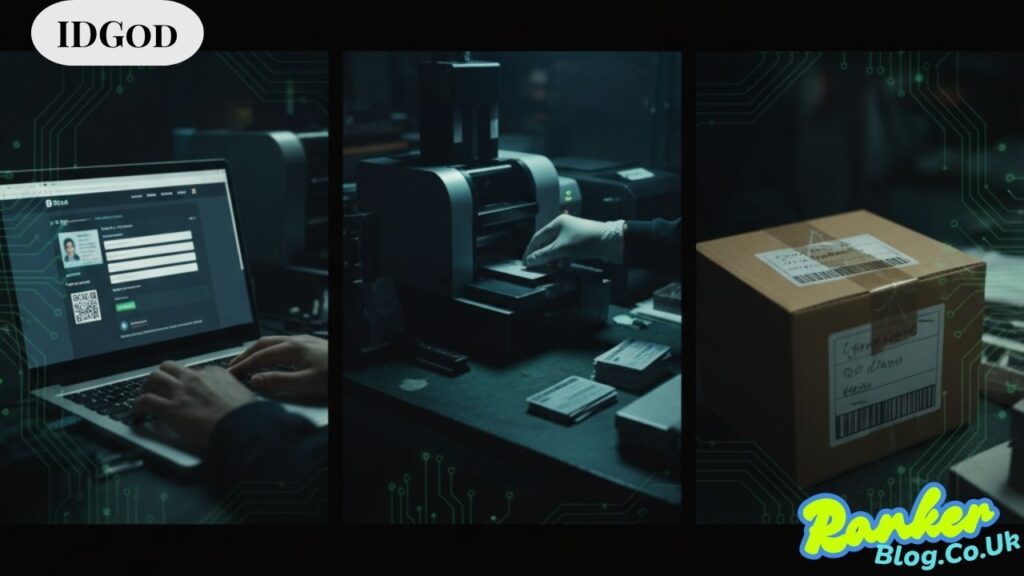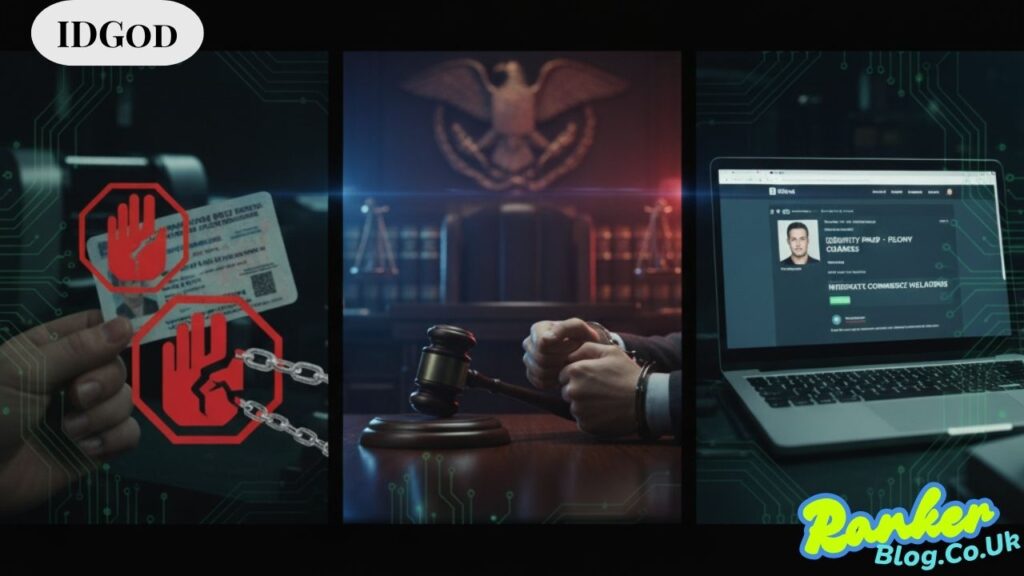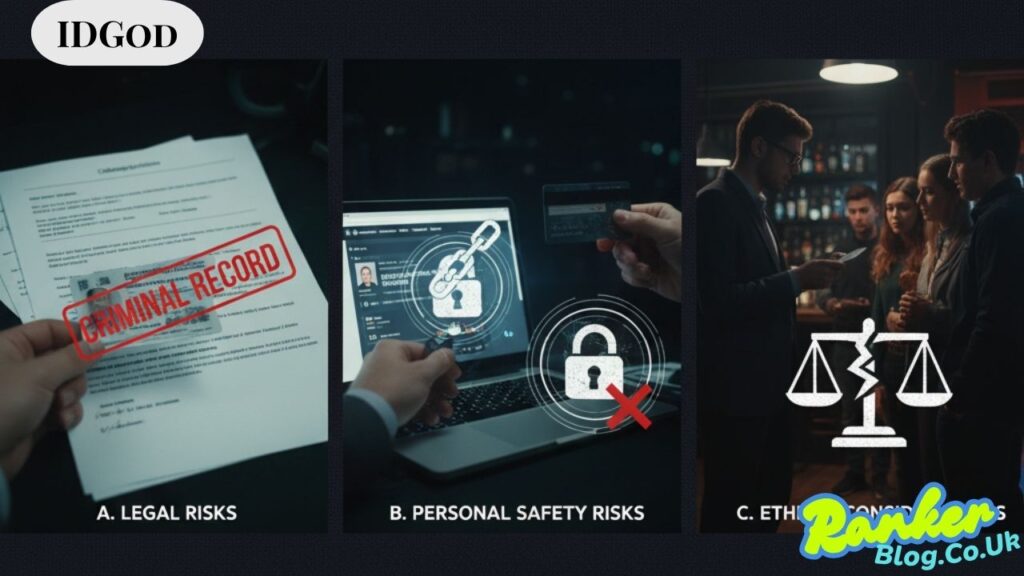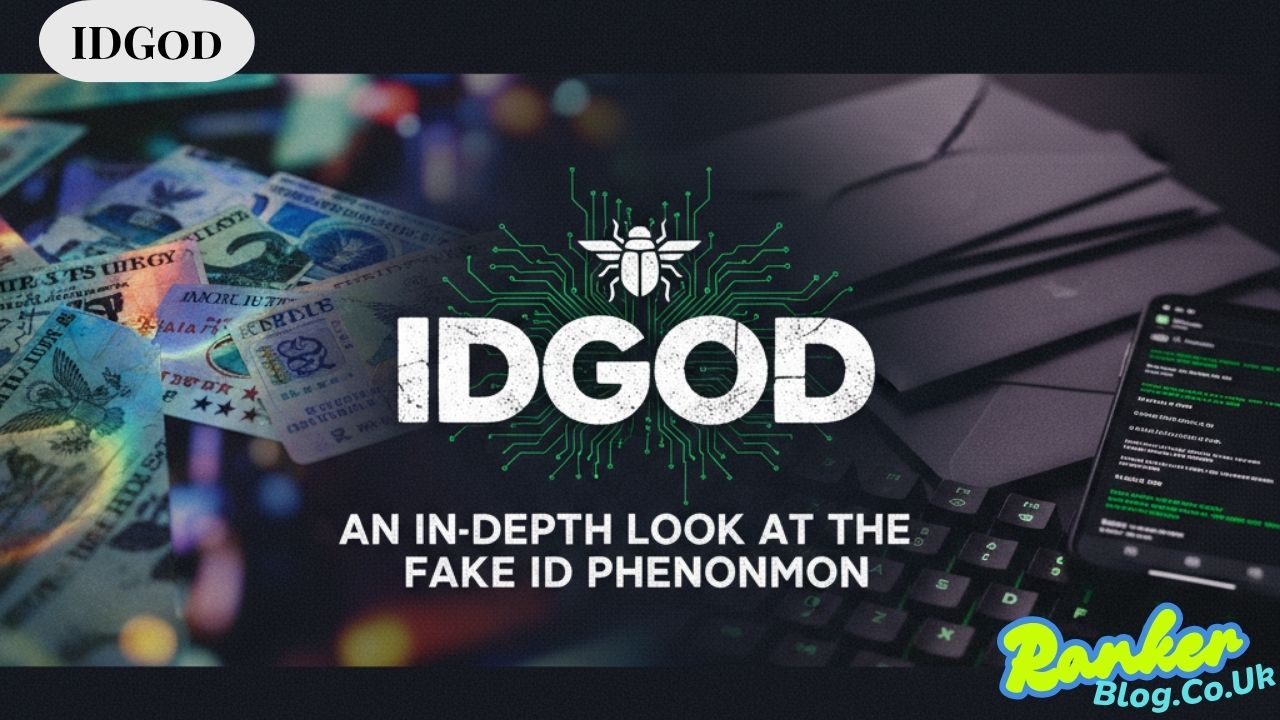Introduction
When it comes to discussions about the underground fake ID market, the name IDGod often stands out. Over the years, this vendor has gained recognition as one of the most mentioned sources for counterfeit identification. Within the fake ID industry, IDGod has built a reputation, both controversial and widely debated.
The purpose of this article is to provide an informational and educational overview of IDGod, its operations, associated risks, and the broader social and legal context.
What is IDGod?
IDGod is commonly described as an online vendor that specializes in the production of counterfeit identification documents. Websites like idgod.ph have become well-known in forums and discussions. At times, users also refer to variations such as idgods or idgod ph, which usually direct to the same service.
The vendor claims to supply multiple types of identification cards that mimic state-issued driver’s licenses and student IDs. Their geographic market spans various countries, but their primary customer base tends to be young people in nightlife and university settings.
In essence, the IDGod business model revolves around anonymity, cryptocurrency payments, and international shipping, promising “high-quality” replicas at prices lower than the consequences of being caught without an ID.
How IDGod Operations Work

Ordering from IDGod typically follows a straightforward process: customers visit IDGod.ph, submit their details, upload photos, and pay via cryptocurrency or other less-traceable methods. The vendor often promotes itself as quick and discreet.
Production logistics are said to rely on overseas printing facilities. Once processed, orders are shipped in hidden packaging to reduce detection at customs. Estimated timelines for delivery can vary from a couple of weeks to over a month.
Customer service is minimal, with responses often delayed or inconsistent. Some buyers leave positive reviews praising fast delivery, while others complain about poor communication and unreliable products.
Legal Implications

Possessing, using, or manufacturing a fake ID is illegal under U.S. federal law and various state statutes. Federal penalties may include fines and imprisonment, while states impose their own criminal charges, ranging from misdemeanors to felonies.
A distinction exists between possession and manufacturing. While carrying one fake ID may result in lighter penalties, producing or distributing them can lead to severe federal charges. Online sellers like IDGod are part of what authorities see as interstate commerce issues, making their activities a higher priority for law enforcement.
Fake IDs also raise concerns about identity fraud, mainly when personal information is transmitted to unverified sources.
Risks and Dangers

A. Legal Risks
Anyone caught with an IDGod card could face charges that remain on their permanent record, potentially affecting employment, college applications, or even professional licenses.
B. Personal Safety Risks
Since sites like idgod.ph operate outside legitimate business systems, users risk identity theft, credit card fraud, or simply losing money to scams. Even if documents arrive, quality inconsistencies mean many do not pass modern security checks. For example, some people online ask: “Do IDGod IDs pass the UV check?” While claims exist, no counterfeit ID can guarantee flawless security test results.
C. Ethical Considerations
Beyond legal risks, the ethical debate focuses on underage drinking, restricted venue access, and the broader societal impact of document fraud.
Detection Methods
Bars, clubs, and retailers are increasingly using technology to detect fake IDs. UV light tests, barcode scanning, and staff training make counterfeit cards easier to detect. Law enforcement also develops detection techniques that evolve as vendors like IDGod attempt to stay ahead of them.
Alternatives and Legal Solutions
Instead of resorting to counterfeit documents, individuals should seek legal identification through state-issued IDs, age verification programs, or government resources. There are always legal pathways to obtain proper identification without risking serious consequences.
The Broader Context
The demand for fake IDs persists due primarily to nightlife culture, college traditions, and debates over drinking age restrictions. Law enforcement agencies balance priorities, often focusing on suppliers rather than individual users, but consequences remain real for both.
Consequences and Case Studies
Over the years, several prosecutions involving fake ID rings tied to names like idgod.ph have made headlines. Court records and university crackdowns reveal that underage students are often disciplined, suspended, or even arrested when caught.
Statistical data highlights that thousands of fake IDs are seized annually at borders and by local police. Stories circulate on forums asking: “is idgod legit?” or “is idgod.ph legit reddit?”—demonstrating just how many individuals weigh the risks despite available legal options. Some also ask: “Is IDGod com legit Reddit?” These discussions reflect ongoing concerns and inconsistencies in the results.
Conclusion
In summary, IDGod is a major player in the counterfeit ID industry, but its products carry significant risks. From legal troubles and scams to ethical concerns, the dangers outweigh any short-term benefits.
Those considering such services should think carefully about the consequences. Safer, legal alternatives exist, and relying on official channels protects individuals from fraud and permanent damage to their future.
Also Read: Jhonbaby777 The Rising Digital Identity Shaping Online Culture in 2025

